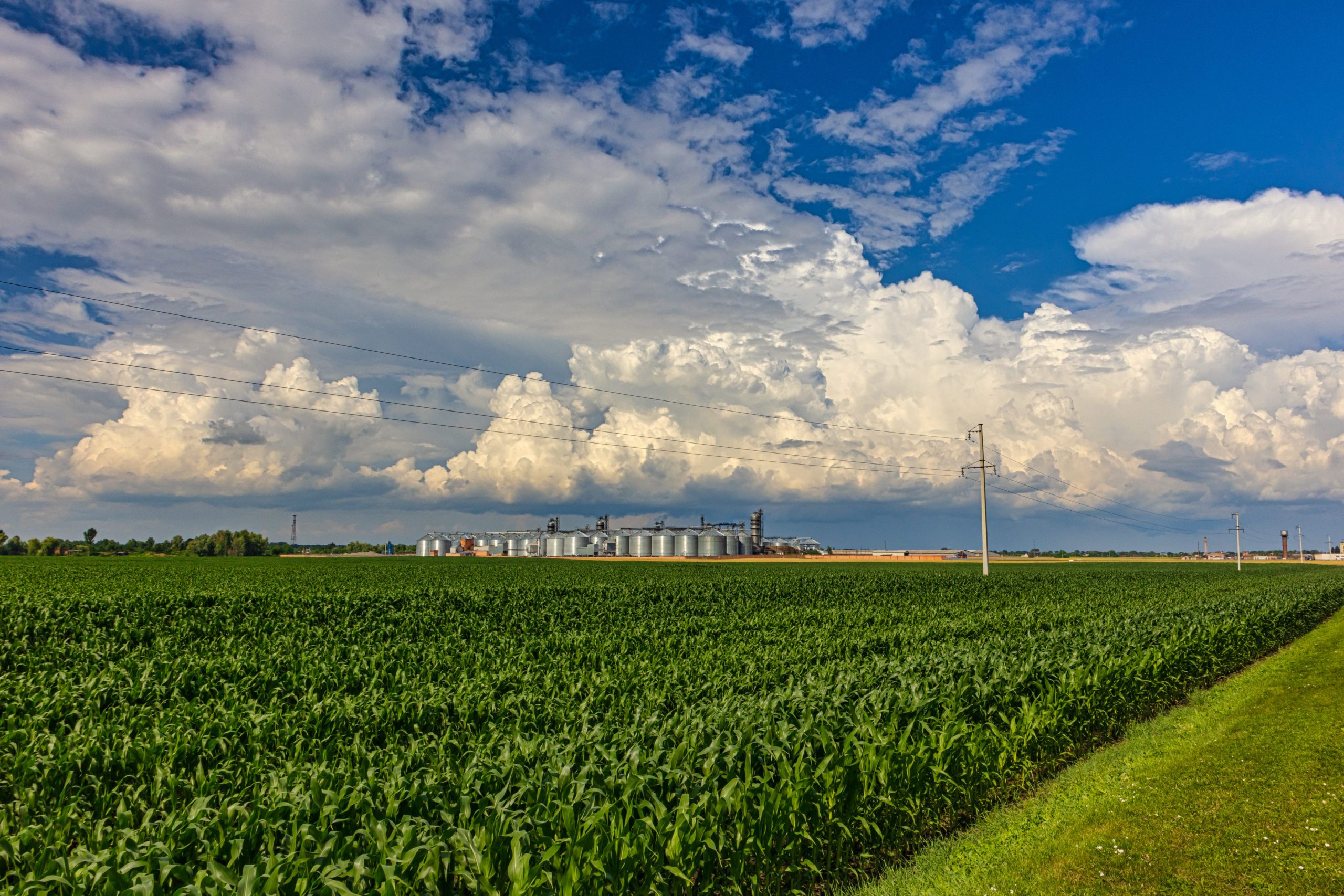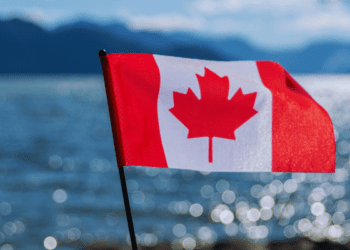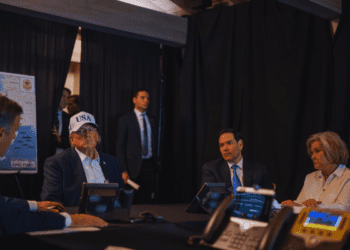
This article originally appeared in the Globe and Mail.
By Balkan Devlen and Yevgeniya Gaber, July 27, 2022
One of the most basic principles of international law is that the agreements must be kept (pacta sunt servanda). The Kremlin once again proved that this fundamental principle is alien to them when they violated – in less than 24 hours – an initiative they signed in Istanbul on July 22 to lift the blockade on Ukrainian grain exports by carrying out a missile attack against the port of Odesa in the early hours of July 23.
The deal, which was made under the auspices of the UN, with the facilitation of Turkey – was announced with much fanfare. It was hailed by UN Secretary-General Antonio Guterres as “a beacon of hope … of possibility … of relief” for those who are facing hunger and social unrest in the Middle East and North Africa because of Russia’s invasion of Ukraine and its continuing blockade of Ukrainian ports in the Black Sea. The Russian attack on the port of Odesa should be a cautionary tale for those who are overly optimistic about the success of this deal and the possibility of averting a serious food crisis in the Global South this winter.
What is this deal about?
It is not an agreement between Russia and Ukraine but three separate documents, two of which were signed during a public ceremony in Istanbul. Those two documents, one signed by Ukraine and the other by Russia – with Turkey and the UN signing both – detail the mechanisms of enabling and verifying the exporting of Ukrainian grain from Ukrainian ports. It also prohibits attacks against port facilities and commercial vessels that are used to export Ukrainian grain. This is a technical document and not a political or military agreement between Ukraine and Russia. It is not a step toward a peace plan, regardless of whatever spin Kremlin propagandists may put forward in the coming days.
A third document, a memorandum signed between the UN and Russia, was not part of the public ceremony. The purpose of it, according to the Russian Foreign Ministry is “to ensure transparent and unhindered supplies of Russian food and fertilizers, including raw materials for their production, to world markets.” The vague terminology used in the memorandum is very concerning; it is very broad and can be argued to include oil and natural gas, thus undermining the sanctions on Russian energy.
Although the UN has no mandate regarding U.S. and EU sanctions, it helps further the Kremlin narrative that the sanctions, and not Russia’s war, are responsible for the food crisis. This is another dangerous step toward eroding the sanctions regime, coming on the heels of Canada’s controversial decision to allow a two-year exemption to Siemens for the maintenance of turbines used in the Nord Stream 1 gas pipeline that brings Russian natural gas to Europe.
The viability and durability of this deal are uncertain. Russia has a track record of violating previous agreements, from the Budapest Memorandum of 1994 to the Istanbul talks in March earlier this year. It already violated this deal even before the ink dried. It’s not clear what concrete mechanisms protect Ukrainian seaports. There is no mention of Russia’s shelling of Ukrainian fields, destroying grain storages, and stealing and smuggling of Ukrainian grain.
In short, there is every reason to be skeptical and very little reason to be optimistic about Russia keeping its promises. What is to be done then to avert the looming food crisis? There are two lasting solutions.
First, ensure Ukrainian victory in this war and the breaking of Russia’s blockade in the Black Sea by providing Ukraine with the military equipment needed to protect its shipping lanes – especially drones, long-range surface-to-surface missile systems (ATACMS), and anti-ship missiles. This will enable Ukrainian grain to reach the world markets, derailing Russia’s plans to engineer a food crisis in the most vulnerable countries in the world.
Second, mitigate against Russia’s further weaponization of food by increasing the ability of the Canadian agricultural sector to export more to the world. This requires rethinking misguided policies by the federal government, such as a requirement to effectively reduce fertilizer use by 30 per cent by 2030, which could reduce crop yields in the years to come as farmers transition to the new rules. Expanding Canada’s role as a reliable supplier of responsibly produced agricultural goods will help Canada’s allies and partners to diversify, especially those in the Global South that are overreliant on Russia for food imports.
We should be clear-eyed about the prospects of this deal and Canada, as a food superpower, should step up to the plate to help avert the worst.
Balkan Devlen is a senior fellow at the Macdonald-Laurier Institute. Yevgeniya Gaber is a non-resident senior fellow at the Centre in Modern Turkish Studies at Carleton University and the Atlantic Council in Turkey.





